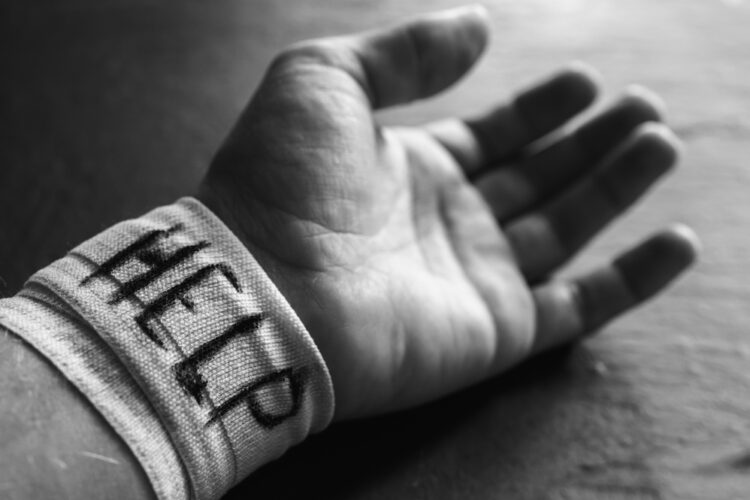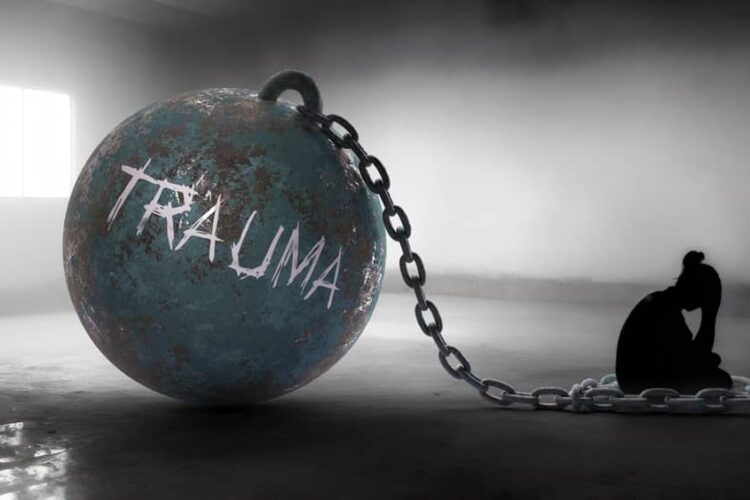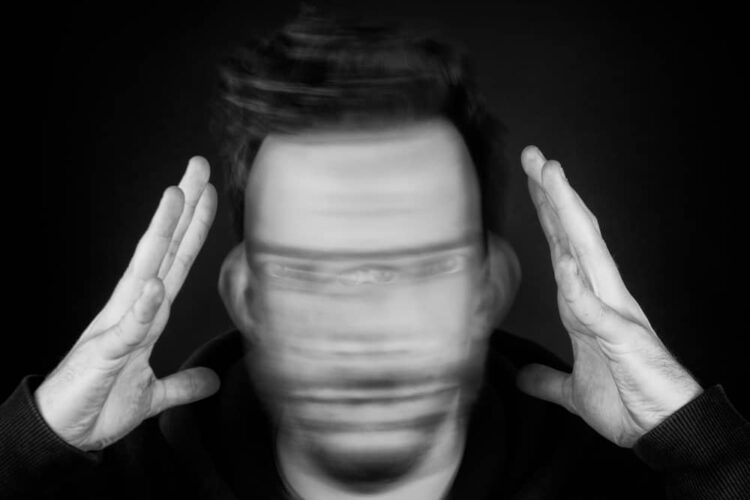
World Mental Health Day – The Story of Stigmas
Our mental health is how we think, how we feel and how we behave. It affects our cognitive, psychological and emotional well-being, influencing our careers, education, daily routines, relationships and our overall perspective on life. It can lead to prolonged mental health disorders and have detrimental effects on our physical health requiring support and care from our friends, families and engagement with health care services. 1 in 4 of us suffer from mental health concerns and no matter of our age, gender, career or demographic mental health can affect us all.
October 10th is World Mental Health Day, a day to raise awareness and to lift stigmas. But with modern day medicine and with more research and technical advancements then ever before, why is it that such a day feels the need to exist and why is there a need to break down the stigma in the first place?
Mental health dates back to our pre-war years and was a noted health concern before the delivery of the National Health Service (UK) in 1948. The NHS was a predominantly physical health care system yet the menatally unwell were treated in large institutional victorian houses, kept out of sight and therefore out of mind, leaving mental health almost forgotten about. It took over 10 years until the mental health system started to improve and In 1959 the Mental Health Act was reinforced and a plan was made to abolish existing psychiatrist hospitals and to deinstitutionalise patients, encouraging more community based care. Yet, around the same time the NHS experienced a vast expansion with the building of new hospitals and technology. Over a decade later an integration between health services started to occur and mental health care started to spread and be adopted into hospitals.Social care and community settings however, and the stigmas attached to the previous victorian style houses still lingered and it took a statement from the former health secretary for it to be addressed, describing the houses as “‘brooded over by the gigantic water-tower and chimney combined, rising unmistakable and daunting out of the countryside’.
With the rise of mental health integration surely mental health, training and education worked in unison as a strong correlation? Not quite, research showed that in a study of patients from primary care physicians 79% were not correctly treated in reference to their mental health condition and 72% of midwives and health visitors felt that their training on pre and post natal depression was insufficient. 82% of nurses said they felt ill equipped with dealing with certain aspects of mental health and only 46% of GPs claimed they undertook a mental health placement in their training. If mental health training isn’t sufficiently provided to care providers, this leads to a lack of confidence in mental health care. Is it really such a surprise that mental health is once again left on the back foot and contributing to an unspoken and at times, neglected taboo?
Furthermore mental health concerns thrive within our schools, work and home environments and the formation of stigmas can be much more concentrated. They can come from within all of us as individuals. The solution therefore is within us and how we respond to our own friends, relations and colleagues when they’re suffering. Comments such as ‘he/she is a bit mental’ is judgemental and are keeping the stigma alive. Also comments like ‘don’t worry you will get over it’ can undermine the complexity of mental health conditions. Everyone is different and how they deal with things needs to be respected.
It seems that the story on stigma has been a long one but through percervience, education, awareness campaigns, dedicated healthcare professionals, charities and days like today, mental health will continue to be acknowledged and spoken about more than ever before.
In 2019 the NHS declared more funding should be given to mental health services due to a greater demand and in the private sector rehabilitation centres such as Ibiza Calm has seen a rise in clients being admitted due to a higher presentation of mental health conditions.
Truth be told, mental health support is not a one fit for all. It needs more funding, appropriate treatment, correct diagnosis and medications. Society and rather importantly us as individuals, need to continue together to break the stigma. With patience recovery from mental illness is possible!
Share this information, choose your platform!
Why do people self-harm?
Self-harming is the deliberate act of injuring oneself. There are many ways people can do this, and any repeated low or high-risk behaviour that causes harm or injury can be considered as self-harm. Common methods include – • Cutting, slicing, scratching, …
Addiction to Prescription Stimulants
In the past several decades prescription stimulants have been increasingly prescribed by medical professionals to treat attention-deficit hyperactivity disorder (ADHD), narcolepsy and sometimes obesity. Some would argue that there has been an over–prescription of these ‘legal’ stimulants, endorsed by the …
The link between trauma and mental health.
Trauma is more than just an unfortunate event; it’s an experience that can deeply shake a person’s sense of safety and well-being. Traumatic experiences often leave lasting scars on a person’s psyche, influencing their thoughts, emotions, and behaviours. The effects …
Men’s Mental Health
November is Men’s Mental Health Month in the UK (#MMHM). An annual campaign aimed at raising awareness about the mental health challenges faced by men, and in stamping out the stigma still attached to speaking up and getting help. Three …









